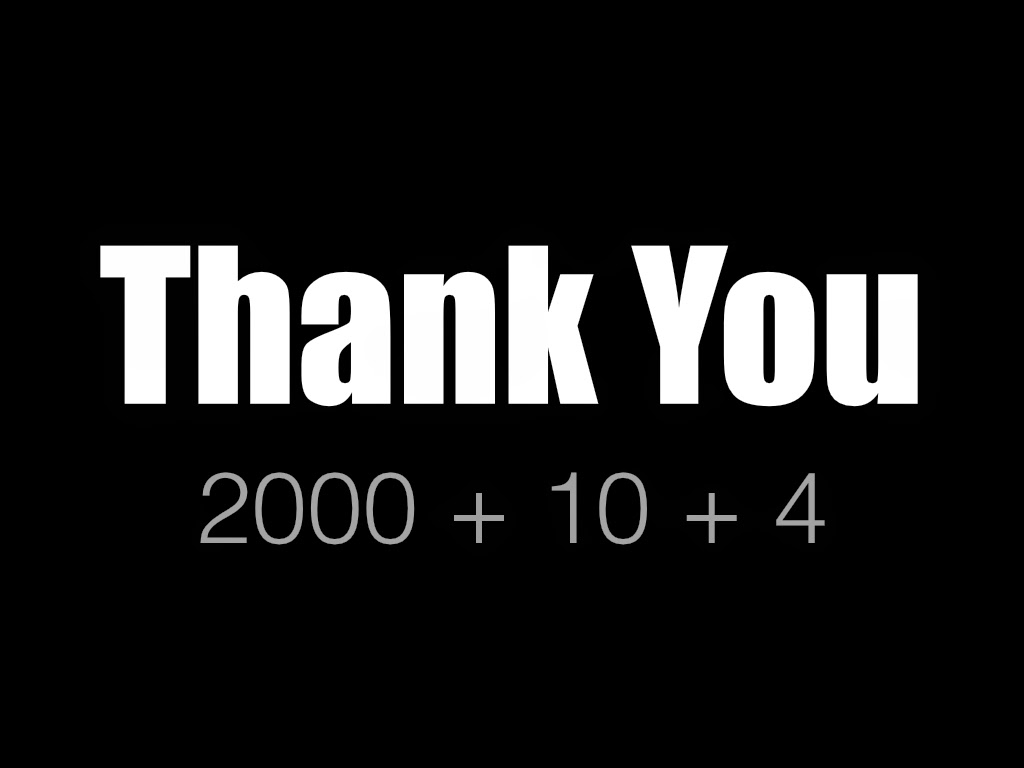My suggestion: create your own form so that you can capture rich data from your students. I believe it's so important that we capture, sort, assess, and discuss student thinking. I put together three short screencasts on:
- Suggestions for using your own Google Form with students.
- How to make the Google Form in video 1.
- How to sort and use the data in the Google Sheet.
Part 1: The finished form
- Form fields and parameters
- Daily pic in the form
Part 2: Creating and setting up the form
- Text fields and advanced settings
- Insert the image URL into the form
- Creating sentence starters
- Using a shortened URL
Part 3: Sorting the data in a Google Sheet
- Using Add-ons, specifically rowCall to separate class periods into their own sheets
- Conditional Formatting
- Finding the average (and more) of a column
Please let me know if you have any questions or suggestions to make the work flow more efficient.
If you're headed to CUE 2015 in Palm Springs, come check out one of my two sessions where I'll use Google Forms and Sheets to capture, sort, assess, and discuss the rich thinking and data you can receive from students.
Forms,
216








